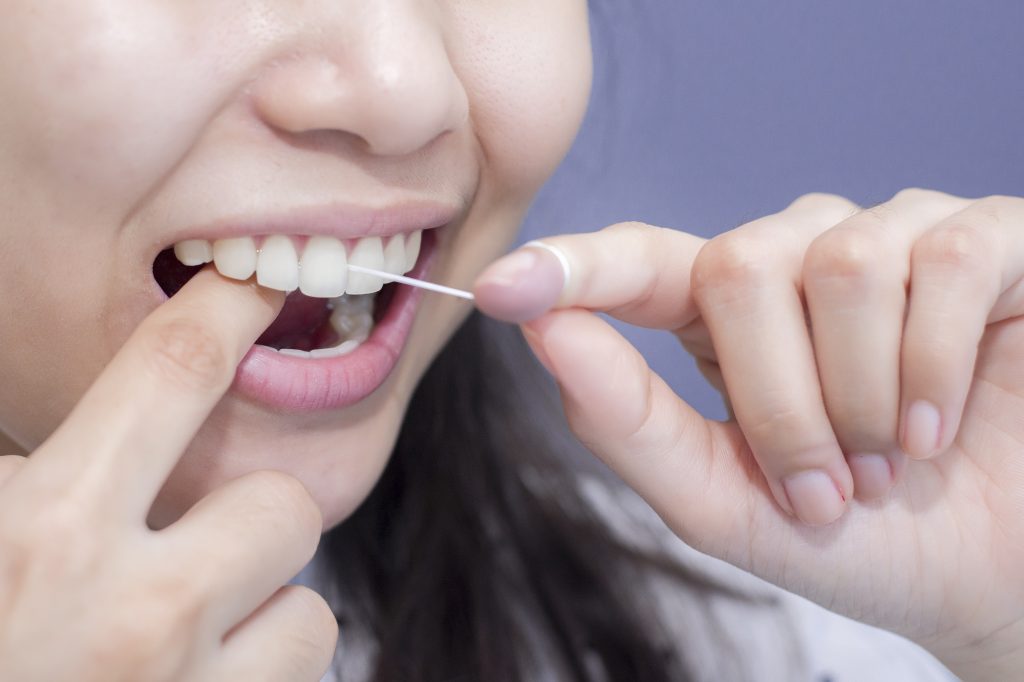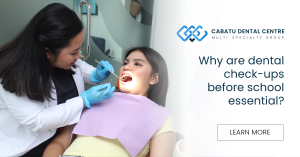Need to Know #1: Brushing and Flossing: Maintaining good dental health starts with proper oral hygiene. Brush your teeth at least twice a day with a fluoride toothpaste and floss daily to remove plaque and food particles.
Brushing and Flossing: Maintaining good dental health starts with proper oral hygiene. Brush your teeth at least twice a day with a fluoride toothpaste and floss daily to remove plaque and food particles.
Need to Know #2:
Regular Dental Check-ups: It’s crucial to visit your dentist regularly for check-ups and professional cleanings. Dentists can identify early signs of dental problems, such as cavities, gum disease, or oral cancer, and provide appropriate treatment.
Need to Know #3: Importance of Fluoride: Fluoride is a mineral that helps strengthen tooth enamel and protect against tooth decay. It can be found in toothpaste, mouth rinses, and even in some tap water sources. Using fluoride products and drinking fluoridated water can help maintain dental health.
Need to Know #4: Balanced Diet: A healthy diet is essential for maintaining strong teeth and gums. Limit sugary and acidic foods and beverages, as they can contribute to tooth decay. Instead, opt for a diet rich in fruits, vegetables, lean proteins, and dairy products for optimal dental health.
Need to Know #5: Avoid Tobacco Products: Tobacco use, whether smoking or chewing, can have severe detrimental effects on oral health. It increases the risk of gum disease, tooth loss, oral cancer, and other oral health problems. Quitting tobacco is one of the best things you can do for your dental health.
Need to Know #6: Limit Alcohol Consumption: Excessive alcohol consumption can lead to dry mouth, which increases the risk of tooth decay and gum disease. If you drink alcohol, do so in moderation and ensure to stay hydrated.
Need to Know #7: Protect Teeth from Injury: If you participate in contact sports or activities with a risk of dental injury, it’s crucial to wear a mouthguard. A mouthguard can protect your teeth and prevent costly and painful dental injuries.
Need to Know #8: Recognize the Signs of Gum Disease: Gum disease, also known as periodontal disease, is a common dental problem that can lead to tooth loss if left untreated. Look out for signs such as red, swollen, or bleeding gums, persistent bad breath, and gum recession. If you notice any of these symptoms, seek dental care promptly.
Need to Know #9: Proper Toothbrush and Replacement: Choose a toothbrush with soft bristles and replace it every three to four months or sooner if the bristles become frayed. Using an old or worn-out toothbrush can be less effective in cleaning your teeth properly.
Need to Know #10: Teach Good Oral Habits to Children: Start instilling good oral hygiene habits in children from an early age. Teach them the importance of brushing and flossing, and encourage regular dental check-ups. A healthy foundation in childhood sets the stage for lifelong dental health.
Remember, maintaining good dental health is essential for overall well-being. By following these tips and maintaining a consistent dental care routine, you can help ensure a healthy smile for years to come.








